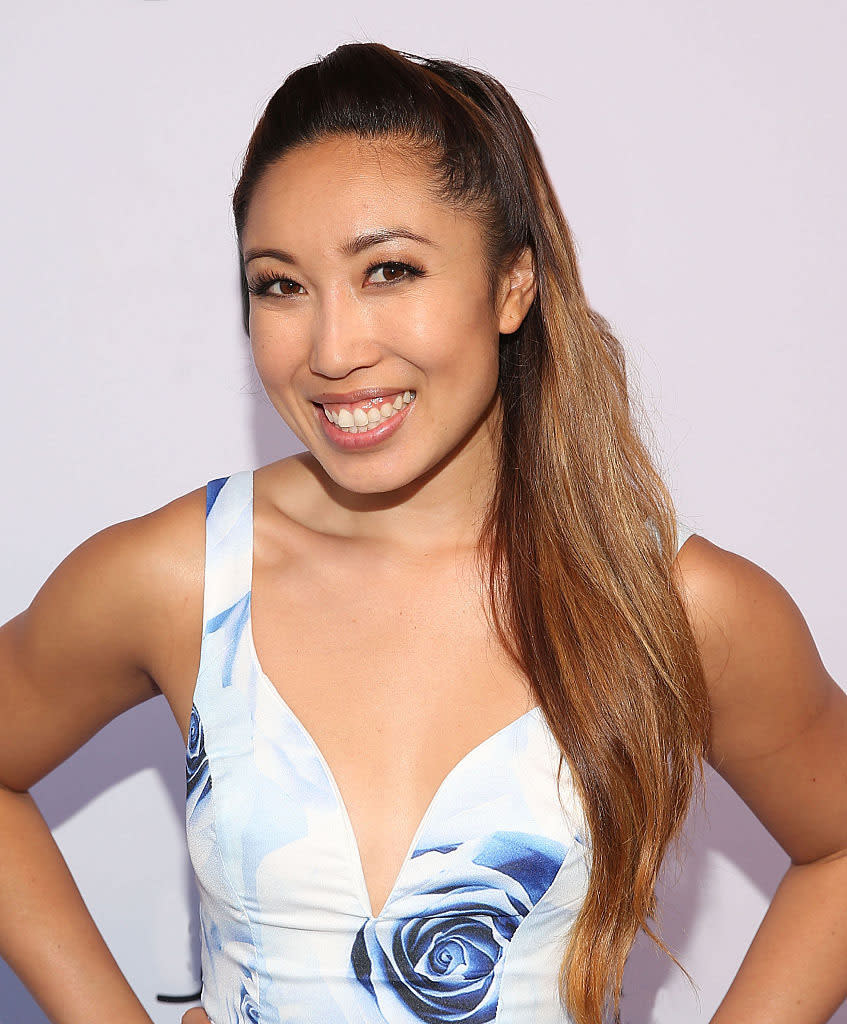YouTube Fitness Star Admits to Eating Disorder Due to Other Fitness Gurus on Social Media

Cassey Ho shares her body image struggles. (Photo: Getty Images)
YouTube fitness star Cassey Ho, who has more than 3 million subscribers in her Blogilates community and is dedicated to empowering women to love their bodies, admitted that criticism from her own followers, as well as comparing herself with others on social media, led to feelings of self-shame.
“I used to have an eating disorder and a body image disorder because I thought I had to be super skinny and super toned and all of that kind of stuff, and compared myself with other fitness people and Instagrammers,“ stated Ho during the #GirlLove panel on the Kia Mainstage at VidCon 2016, as reported by People.com.
In fact, the creator of Pop Pilates confessed that the barrage of body shaming comments resulted in a “physical war” between herself and her body.
“Generally speaking, it’s normal for people to compare because we’re aspirational,” Robi Ludwig, a psychotherapist and author of Your Best Age Is Now, tells Yahoo Beauty. “The positive aspect of comparing and contrasting is because we want to improve ourselves, and part of that is figuring out what’s around us and how do we want to acclimate to be better. However, the downside is when we have a sensitivity in a certain area and seeing unrealistic posts that are not achievable by the masses.”
As a result, being inundated with these types of images in your feed can “raise feelings of being inadequate, leave us feeling shameful, and trigger a negative dialogue.”
Ludwig feels the one-on-one interaction with social media can heighten this unsettling response. “When you’re looking at your phone or computer and nobody else is around, it’s almost like you’re alone, dealing with your own private thoughts and not distracted by the real activities of everyday living,” she explains. “It’s in these moments when people tend to be very self-critical and to feel victimized by life.”
Her advice: Remember that images can be deceiving. “It’s important to keep in mind that whatever you’re seeing posted is a form of PR [public relations],” she states. “You’re not getting the whole picture, you’re only getting part of the picture.”
Also, give yourself permission to censor what you follow on social media accordingly. This certainly doesn’t mean all fitness-based social media pages — or social media overall — can be bad for your health. ”[But] if you find that viewing these selfies leaves you feeling unmotivated or ends up triggering unhealthy behaviors or mindsets, then you need to limit yourself because that’s toxic,” states Ludwig. “We don’t tend to think of social media as being potentially toxic, but anything can be.”
Let’s keep in touch! Follow Yahoo Beauty on Facebook, Twitter, Instagram, and Pinterest.

